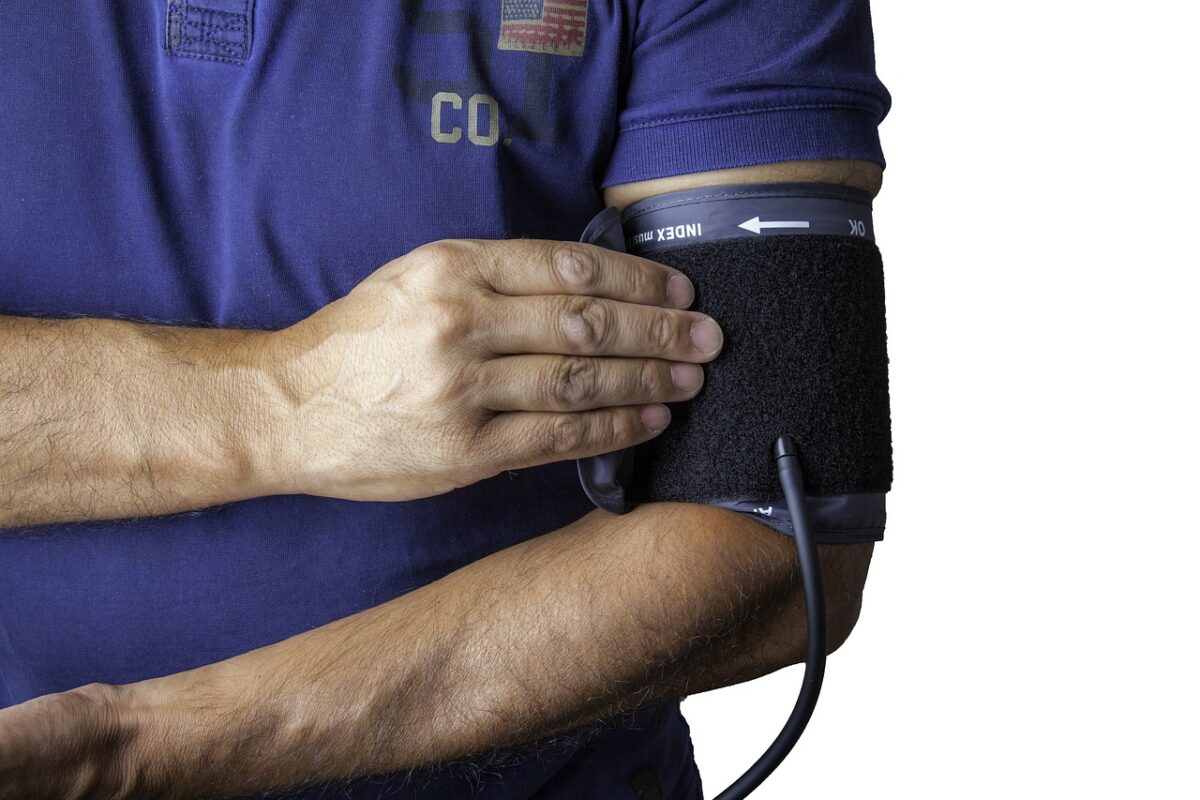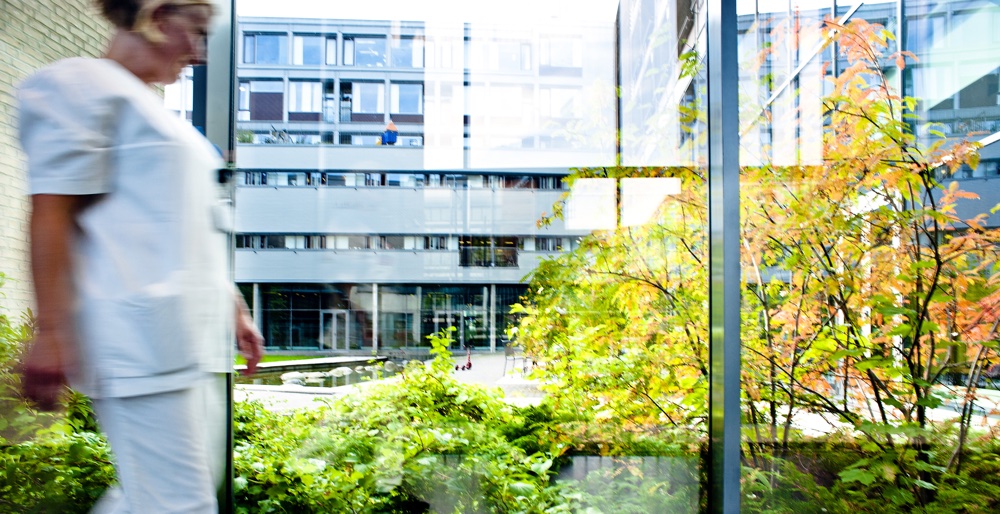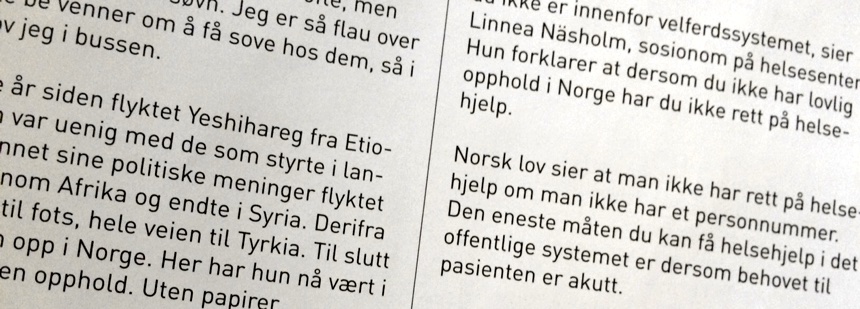Norway continues to experience a shortage of qualified nurses, especially in rural areas. Foreign-trained nurses are welcome to apply, but the process is far from simple. If you’re interested in healthcare work, here’s what you need to know.
Like many European countries, Norway is grappling with the twin challenges of a growing and ageing population.

More people are living longer and requiring complex care, while at the same time, fewer young people are entering the healthcare professions.
The result is a persistent demand for qualified nurses in hospitals, care homes, and community healthcare services across the country.
The shortage is especially acute in rural municipalities and in specialist roles such as geriatric nursing, psychiatric nursing, and home healthcare. While cities like Oslo and Bergen attract plenty of applicants, smaller towns and northern regions often struggle to fill positions.
Where Nurses Work in Norway
Nurses in Norway typically work in one of two main sectors within the Norwegian healthcare system:
Specialist Health Services: These include hospitals and clinics managed by Norway’s four regional health authorities: South-Eastern, Western, Central, and Northern Norway. These authorities are responsible for secondary care, including hospital treatment and outpatient clinics.
Municipal Health and Care Services: Local municipalities are responsible for primary care services such as nursing homes, eldercare facilities, rehabilitation, home nursing, school health services, and public health clinics.
This is where the demand for nurses is most pressing, and also where many foreign-trained nurses find employment.

Although private hospitals and clinics do exist, they play a relatively small role in Norway’s publicly funded healthcare system.
Authorisation to Work as a Nurse
Before you can practise as a nurse in Norway, you must be officially authorised by the Norwegian Directorate of Health (Helsedirektoratet). This applies to nearly all healthcare professions, including doctors, physiotherapists, pharmacists, radiographers, psychologists, and bioengineers.
There are two possible outcomes of your application. Full authorisation (autorisasjon) gives you permanent recognition to work as a nurse in Norway. In some cases, you may be granted a time-limited licence (lisens) while completing additional requirements to obtain full authorisation.
You can find the application portal and detailed instructions on the official Helsedirektoratet website. As of 2025, the non-refundable application fee is NOK 1,665 and the processing time is approximately three months.
What You’ll Need to Apply
To be eligible for authorisation, you must have completed a recognised nursing education in general nursing. The documentation requirements vary depending on where your education took place:
- Nordic countries: Generally straightforward with a typical processing time of 6–8 weeks.
- EU/EEA countries: Must meet the minimum training standards of the EU directive. Expect to wait 5–6 months.
- Non-EU/EEA countries: Subject to a stricter assessment process that includes documentation of your education, practical training, and in some cases, additional coursework. The processing time is typically 6–9 months.
Applications from outside the EU/EEA are assessed against Norwegian standards, and you may be required to complete a bridging programme, known as Nasjonalt rettet tiltak, which includes practical placement, theoretical training, and exams.

Important: Applying for authorisation is not the same as applying for a job. Once you have received authorisation or a temporary licence, you are then eligible to apply for positions.
Norwegian Language Requirements
Language remains one of the biggest challenges for foreign nurses hoping to work in Norway. No matter where you trained, you must demonstrate proficiency in the Norwegian language to at least a B2 level on the Common European Framework of Reference (CEFR).
In many patient-facing roles, especially within hospitals or specialist care, a higher level such as C1 is often expected in practice.
To prove your language ability, you’ll need to pass an approved Norwegian language test.
Common options include the Bergenstesten (Test i norsk – høyere nivå) or the Norskprøve at the B2–C1 level, which is administered by Kompetanse Norge. Equivalent diplomas from accredited language schools may also be accepted.
If you completed your nursing education outside the EU or EEA, you must provide documented proof of your language skills before you can be granted a temporary licence or full authorisation.
While most Norwegians speak English well, healthcare is a deeply personal and often emotional experience. Patients understandably prefer to speak their native language, especially when describing symptoms or discussing treatment options.
For this reason, fluency in Norwegian is not just a formal requirement. It’s essential for building trust and delivering safe, effective care.

“We advise applicants with little or no knowledge of the Norwegian language to start their language training before they apply for authorisation. For some, three years can be a short time to reach the required level.” – Norwegian Directorate of Health
Finding a Nursing Job in Norway
Once you have authorisation, you can apply for nursing positions directly with hospitals or municipalities. Job advertisements are typically listed on NAV, Jobbnorge, municipal portals and health authority websites.
While some larger cities may list positions in English, most job ads are written in Norwegian. You will usually be expected to submit your CV and cover letter in Norwegian as well.
Some foreign nurses begin their careers in assistant roles or internships while improving their language skills or completing bridging programmes.
Others find positions through recruitment agencies that specialise in healthcare staffing, although you should always verify that the agency is reputable and understands the authorisation process.
How Much Do Nurses Earn in Norway?
Salaries for nurses vary depending on experience, location, and specialisation. The following figures are based on public sector collective agreements and figures from the Norwegian Nurses Organisation (NSF) in 2025:
- Newly qualified nurse: Around NOK 480,000–520,000 per year
- After 10 years’ experience: Up to NOK 580,000–600,000
- Specialist nurse (e.g. intensive care, psychiatric): Often NOK 600,000–650,000 or more
- Nurse leaders or advanced roles: May earn upwards of NOK 700,000
Oslo and other urban areas may offer slightly higher salaries to reflect the cost of living, but competition for these roles is also greater. Rural municipalities may offer relocation support, housing benefits, or language training incentives to attract nurses.
Life Beyond Work
While the application and integration process can be demanding, many foreign nurses report a high quality of life in Norway.
The country offers generous holiday leave, parental benefits, subsidised public healthcare, and a strong work–life balance. If you enjoy nature, personal space, and a slower pace of life, Norway has much to offer.
Moving to Norway to work in healthcare is not quick or easy, but it is possible with the right planning and persistence. The key is to start learning the language early, understand the authorisation process, and prepare for a system that may be quite different from what you're used to.
For the most up-to-date information, including application forms, guidance on documentation, and approved language tests, visit the official Helsedirektoratet website.

